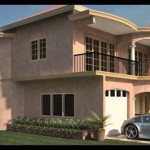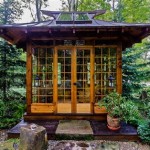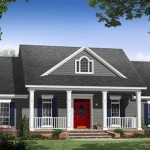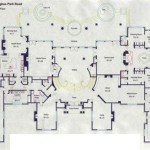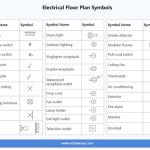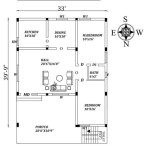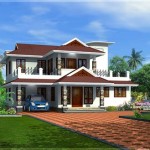Essential Aspects of Squirrel House Feeder Plans
Squirrel house feeders provide a safe and inviting environment for squirrels to enjoy a meal, while also adding a touch of charm to your backyard. Designing and building a squirrel house feeder requires careful planning and attention to essential aspects, ensuring its durability, functionality, and appeal to squirrels.
1. Material Selection and Durability
The choice of material for your squirrel house feeder is crucial for its longevity. Durable and weather-resistant materials like cedar, redwood, or cypress can withstand the elements and protect the structure from decay. Cedar is particularly suitable due to its inherent resistance to insects and moisture.
2. Dimension and Design
The size and design of the squirrel house feeder should be appropriate for the species of squirrels in your area. Aim for dimensions of approximately 12 inches wide, 12 inches deep, and 12 inches high. Include an entry hole of 2-3 inches in diameter, located towards the bottom of the house, and a hinged roof for easy access during cleaning and refilling.
3. Ventilation and Drainage
Proper ventilation is essential to prevent condensation and mold growth within the house feeder. Incorporate small vent holes in the sides or back of the structure, ensuring they are placed high enough to avoid moisture accumulation. Additionally, provide drainage holes in the floor of the house to allow water to escape during rain or snow.
4. Perching Area and Food Tray
Squirrels prefer to eat in a comfortable and stable environment. Include a small perching area near the entrance hole, providing a place for squirrels to sit while feeding. The food tray should be deep enough to prevent spillage and wide enough to accommodate multiple squirrels simultaneously.
5. Squirrel-Proofing and Safety
To prevent squirrels from chewing on the structure, cover any exposed wood with sheet metal or galvanized hardware cloth. Ensure there are no sharp edges or protruding nails that could injure squirrels. Additionally, place the house feeder in a secure location, away from potential predators and wires.
6. Assembly and Mounting
Follow the instructions carefully when assembling the squirrel house feeder. Use sturdy screws or bolts to secure the joints, and reinforce the structure with metal brackets if necessary. Mount the house feeder on a post or tree, ensuring it is at least 6 feet off the ground and facing away from prevailing winds.
7. Maintenance and Cleaning
Regular maintenance is crucial to keep the squirrel house feeder in good condition. Clean it every few months by removing any debris or uneaten food. Disassemble the house and wash it with a mild detergent if needed. This will prevent the accumulation of mold, bacteria, and parasites, ensuring the health and well-being of the squirrels.
By incorporating these essential aspects into your squirrel house feeder plans, you can create a durable, functional, and attractive structure that will provide squirrels with a safe and enjoyable place to feed. With careful planning and attention to detail, you can enhance the beauty of your backyard while nurturing the wildlife within it.

13 Diy Squirrel Feeder Ideas For Your Yard Bob Vila

Kevin S Birdhouse Squirrel Box Plans

Making Your Own Squirrel House Nest Box Construction Drawing Arvilla

Squirrel House And Feeder Pictures Home Bird Plans

13 Diy Squirrel Feeder Ideas For Your Yard Bob Vila

Corn Cob Squirrel Feeder Gray House Studio

Counterbalance Feeder Woodworking Plan Woodworkerswork Squirrel Proof Bird Feeders Plans Diy

Fox Squirrel Nest Box Build It Yourself House Kit

Squirrel Feeder Plans Howtospecialist How To Build Step By Diy

Squirrel Feeder Plans How To Make A

